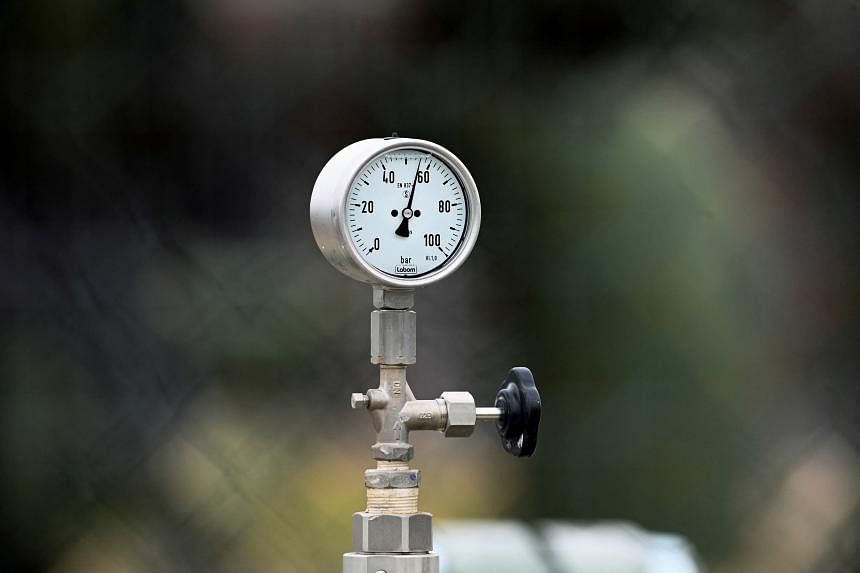THE HAGUE (AFP) - The Netherlands and Germany are to jointly drill for a new gas field in the North Sea, the Dutch government said on Wednesday (June 1), a day after Russia cut gas supplies to the country.
Deputy minister of mining Hans Vijlbrief "issued permits for the Dutch part today", it said in a statement, adding that "an accelerated procedure for the required permits is under way" in Germany.
"The Cabinet supports gas extraction in the North Sea in order, for example, to have sufficient gas to heat our houses," the economics and climate ministry said.
The controversial plan to drill for gas 10 nautical miles (19km) offshore on the Dutch-German border is not new, but has taken on a new urgency since Russia's Gazprom announced on Tuesday it was halting all gas supplies to the Netherlands.
This came after Dutch energy firm GasTerra refused to pay in roubles following the Russian military offensive in Ukraine.
The German state of Lower Saxony a year ago decided not to issue permits for the drilling near the eco-sensitive islands of Schiermonnikoog and Borkum and Dutch environmental groups still have concerns.
However, Lower Saxony "is now making a different decision because of the war in Ukraine", the Dutch ministry said.
The first gas from the platform - to be powered by a nearby German wind farm - is expected to be extracted by 2024, it added.
The ministry did not give estimated numbers on extraction, but previous Dutch government figures said smaller gas fields in the Netherlands could produce 232-335 billion cubic metres of gas "of which around 60 percent is at sea" between 2018 and 2050.
The Netherlands announced in April it aimed to cut Russian gas and oil supplies by the end of the year.
Russian gas amounted to around 15 per cent of its total supply.
Germany, however, is hugely reliant on Russian energy.
Europe's largest economy is racing to wean itself off Russian energy and has already almost completely phased out Russian coal.
The Dutch government said a number of measures will be taken to protect the environment including placing it away from an oyster project in the area, not discharging drilling fluid in the sea and pumping water released during the gas production through a filter to clean it.

